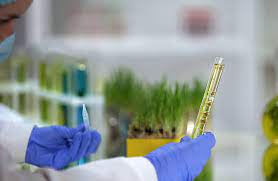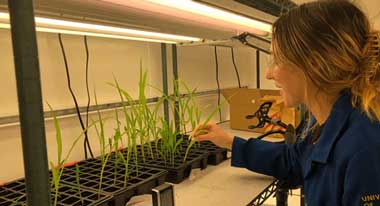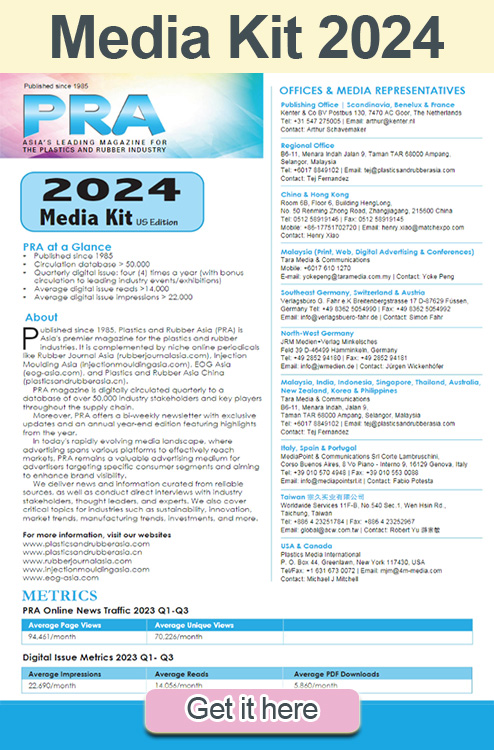Green tie-ups: Braskem to supply bio-attributed ethylene to Indorama’s Oxiteno; Trelleborg partners with Algenesis for sustainable TPUs

Committed to supporting the circular economy and fighting climate change, Brazilian petrochemical company Braskem said it signed an agreement to supply Indorama Ventures IOD-Oxiteno with the Brazilian chemical company's bio-attributed ethylene.
Bio-attributed ethylene, certified by ISCC (International Sustainability and Carbon Certification), will be used by Oxiteno to create new sustainable solutions.
This raw material is the first bio-attributed chemical product produced by Braskem from the certified mass balance approach. The concept co-processes traditional carbon sources with recycled or renewable components to develop chemical solutions with a sustainability attribute, maintaining properties and quality compared to conventional solutions. Furthermore, it contributes to reducing the use of fossil raw materials and greenhouse gas emissions.
“Braskem and Oxiteno have aligned sustainability initiatives and this partnership is of great importance for the growth strategy of both, being one more step for the industry towards a sustainable future. The initiative should define new paths for sustainability in our petrochemical sector,” Marlisa Reche explains, Chemicals - Olefins and Aromatics Business Director at Braskem.
“There is a significant connection between our innovation strategy and our sustainability objectives. This initiative aligns with our main guidelines of decarbonisation and promoting eco-efficiency in our operations. This partnership further underscores our company's mission to 'Reimagine Chemistry Together to Create a Better World,' enabling us to develop innovative and sustainable products while ensuring our organization is prepared for the future,” explains Andrea Campos Soares, Sr VP Business, Marketing & Innovation at Oxiteno.

In other news, engineered polymer firm Trelleborg has tied up with with Algenesis Materials, a sustainable Thermoplastic Polyurethanes (TPUs) provider. Trelleborg uses TPUs to coat fabrics across various industries, from aerospace to outdoor and recreation.
Algenesis has developed TPUs from raw materials extracted from algae and non-food plants and formulated them into high-performance bio-based and bio-degradable products that replace petroleum-based TPUs. The collaboration aims to create sustainable TPU polymers specific to Trelleborg's applications, where customers desire more sustainable options.

"We are excited to partner with Algenesis to explore sustainable alternatives to our existing TPU products and develop new ones where sustainability is a key value driver," said Antony Croston, Director of Product Development at Trelleborg's US facility in Rutherfordton, North Carolina. "Algenesis' technology aligns very strongly with our corporate strategy, and we are committed to pursuing sustainable solutions to meet the needs of our customers."
Collaborating to develop new biobased polymers can result in both a reduction of microplastic pollutants in the environment and lower costs for customers. Initial trials have shown that the Algenesis polymer performs similarly to established solutions within existing processes.
Algenesis recently received a contract from the US Department of Energy to scale up manufacturing capabilities for its sustainable TPU technology, a proposal supported by Trelleborg.
(PRA)
Subscribe to Get the Latest Updates from PRA Please click here
©2023 Plastics and Rubber Asia. All rights reserved.

©2023 Plastics and Rubber Asia. All rights reserved.
Home Terms & Conditions Privacy Policy Webmail Site Map About Us
















